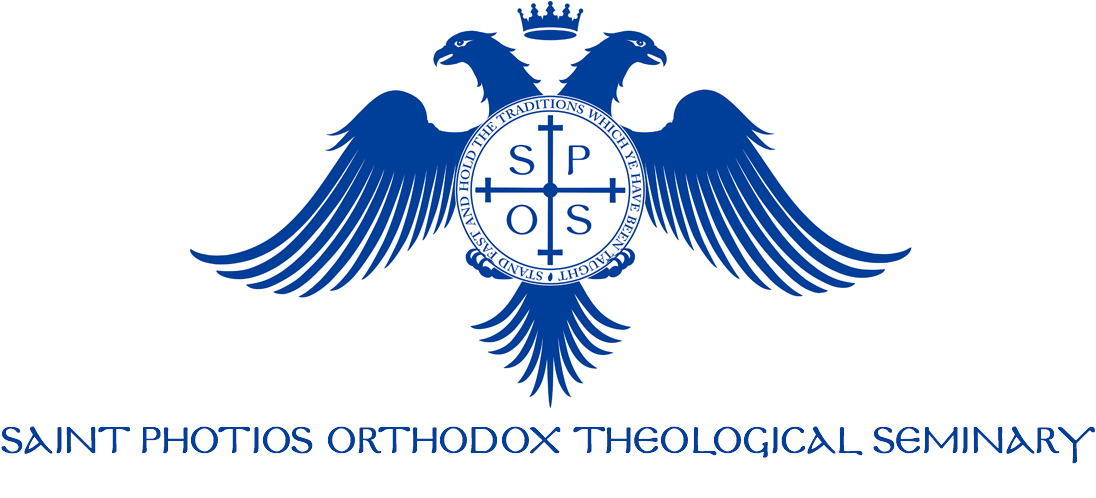Church Administration
- Details
- Created on Thursday, 27 December 2012 20:21
The hierarchs of each nation (i.e. a broad geographic territory) are obliged to recognize the First-Hierarch as the head according to the 34th Apostolic Canon. The Apostolic Canon relates to the time during which the Metropolitan system was in force. The Bishops of the cities of each Roman eparchy recognized as the First-Hierarch among them the Bishop of the capital of the eparchy, the Metropolis who also bore the title “Metropolitan”. Later in the broader geographic territories of Europe, Africa and Asia (which made up the Roman “Ecumene”) the Bishops of the respective capitals, of Europe: Rome, of Africa: Alexandria, and of Asia; Antioch presided over the Metropolitans. Later Constantinople and Jerusalem were added during the Patriarchal system. The rise of the political importance of a city also meant for the respective diocese its rise in the ecclesiastical order. A characteristic example is that of Constantinople. The Patriarchal system has been in force since at least the 6th century.
The dioceses in Greece became schismatic from the rest of the local Orthodox Churches in 1832 when they unilaterally declared themselves autocephalous from their Mother Church: the Ecumenical Patriarchate. They were granted autocephaly by the Ecumenical Patriarchate in 1850, and thus the schism was ended.
Today, when the Patriarchate of Constantinople and the State Church of Greece have been swallowed up by Ecumenism, the hierarchs of the Genuine Orthodox Church of Greece not only have the right but also an obligation to elect Orthodox bishops in order to shepherd the Orthodox faithful of each ecclesiastical eparchy. Presently the Church of the G.O.C. of Greece has dioceses outside of Greece: in North and South America, Europe and Australia.
The Church of Greece has not granted autocephaly to any diocese or group of dioceses, inside or outside Greece. In 2003, it decided to establish an Eparchial Synod in the eparchy of North and South America. The Eparchial Synod has a limited autonomy, its Metropolitans commemorate the Archbishop of Athens and the Holy Synod with him, and a hierarch of the Holy Synod of the Church of Greece sits on the Eparchial Synod as a permanent member. It is in full liturgical communion with the Church of Greece, which is its Mother Church.
Orthodox Awareness
Bartholomew Prays at Iftar
Iftar, refers to the evening meal when Muslims break their fast during the Islamic month of Ramadan. Iftar is one of the religious observances of Ramadan and is often done as a community, with people gathering to break their fast together. Iftar is done right after sunset.
We report the following unchanged as it was published:
"The leaders of the Armenian, Roman, Jewish and Syrian communities of Turkey sat around the fasting Iftar dinner in the Beyoglu district of Istanbul." Read more...
Missions
Saints Peter and Paul Orthodox Mission, Tucson, Arizona
Saints Peter and Paul Orthodox Church is a beautiful mission parish near downtown Tucson, a city in southern Arizona. It was started in 1997 by Father John Bockman, who was a missionary Priest formerly serving missions in Tennessee and Massachusetts since 1990. Father John served the faithful in Tucson and the surrounding area in his home Chapel until his repose in November of 2000. His wife, Presbytera Valerie, continued to make her home Chapel available for the mission, with clergy from Saint Nectarios Orthodox Church in Seattle and His Eminence, Metropolitan Moses of Toronto (then of Portland), visiting to provide the Divine Services.
Read more...Youth
2025 Youth Conference
Please join us for the 2025 youth conference in Toronto, Ontario, Canada! To learn more, visit the conference website.
Ask A Priest
Fasting
Q. There seems to be a lot of variation in how people observe fasting, but my confessor told me to fast from oil on Wednesday and Friday. Oil is a pretty vague category, though, and I was wondering if I could get a more explicit description of what kinds of food and drink are excluded on strict fast days. Read more...





